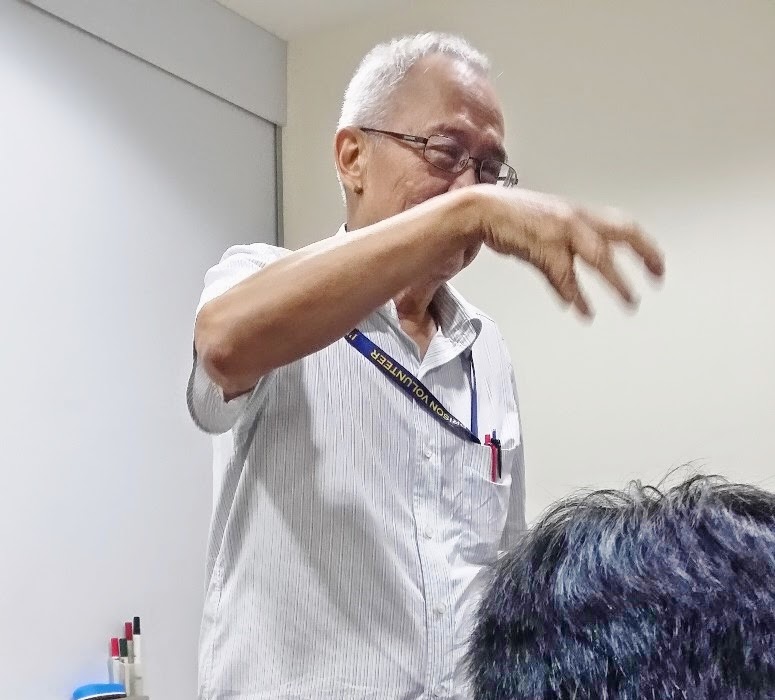The second half of the week was equally inspiring and enriching as the first half. Rev. Tan Tiong Ann imparted many Calvinism theories which provided greater insights for me towards presbytery.
Today, Rev. Tan once again reminded me of my belief, that we live a perfect life not because we worked hard for it, but because of God’s grace. Rev. Tan used to word ‘maintain’ to describe the reason why we do worship or quiet time, which is to maintain the union with God. To me, this is something to be very thankful towards God for. Without God’s grace and mercy, even how hard we work towards having a perfect life, we will not be able to achieve it. Hallelujah, praise the Lord.
Pastor Gideon went through with us biblical counselling and something I took away the most from it was that to effectively consult a person, the counsellor has to use love to reach out to the patient. It has always been puzzling to me how one could love another even when the patient is a stranger, worse if the patient happens to be someone you dislike. I feel that this is something I have to consciously pray about for God to make me into a person who can love others, even my enemies.
Also, Pastor Gideon cautioned us not to “become a tool for people to become distant from God”. This statement struck me as it has never occurred to me that our intention of being encouraging could result in such dire consequences. It would be nice if he taught us exactly how to biblically encourage people of different situations so that we will be tools to bring people to God instead. Meanwhile, this reminds me to be careful with my words and rely more on God when I am faced with difficult counselling situations. At the end of the day, we had our ministry sharing with Pastor Gideon and other interns.
After today’s session, I felt extremely encouraged and thankful for my fellow interns from other churches. They participated in our church’s ministry idea and were actively commenting and shaping the idea for us. They also assured us that they would support us throughout, which I am very thankful for since our idea is pretty large scale. I could even feel the love and pride for presbytery churches as they contributed and tried to make our fundraising idea more feasible and profitable. So, thank you guys, if you’re reading this!
Sharon Long



















